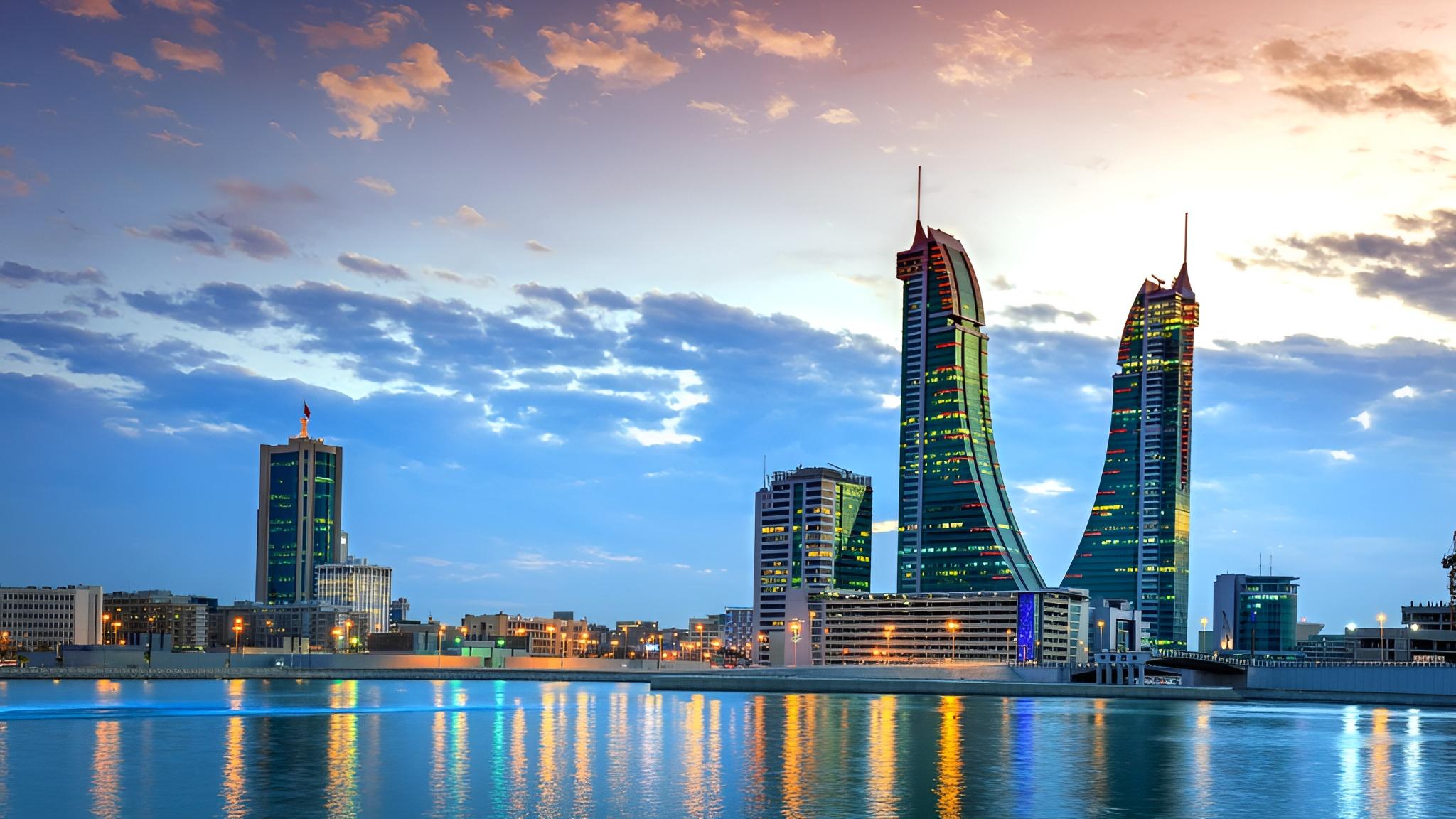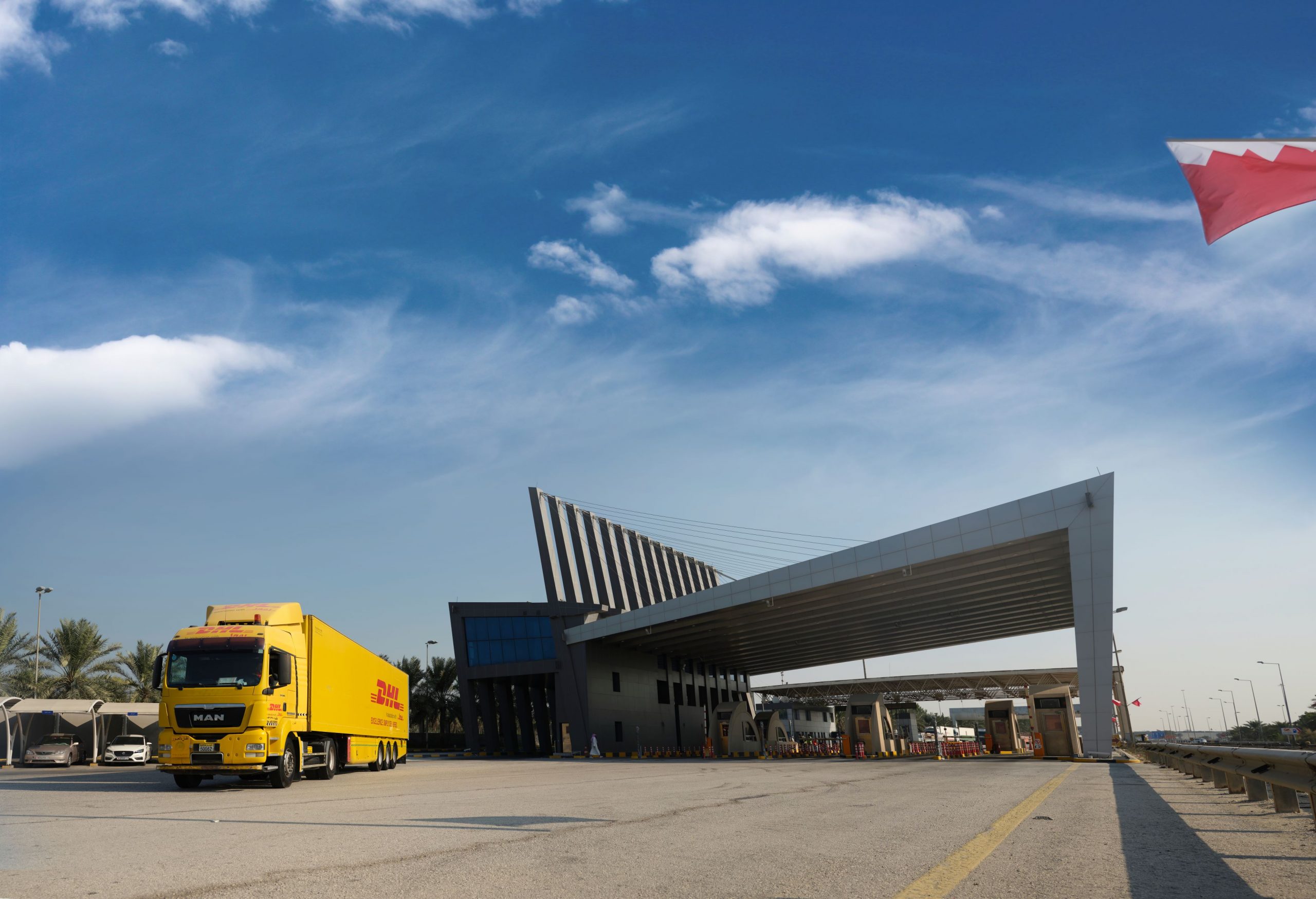Bahrain Navigates Global Supply Chain Challenges with Technology and Strategic Partnerships




As the global trade landscape faces unprecedented turbulence, Bahrain is taking bold and decisive steps to secure its position in the world economy. The kingdom has recognized the pressing need to innovate and strengthen its supply chains to weather the storm of geopolitical uncertainties and logistical hurdles. Through a multi-faceted approach encompassing technological innovation, infrastructure modernization, and strategic partnerships, Bahrain is not just adapting to current challenges but positioning itself as a leader in supply chain resilience.
Bahrain is making waves with its progressive adoption of cutting-edge technologies that serve as the backbone of the nation's quest for self-sufficiency and operational efficiency. With a historical reliance on imported food, Bahrain is turning to revolutionary agricultural methods like vertical and aqua farming to achieve food independence. This forward-thinking approach marks a significant shift in how Bahrain will label its produce, as 'locally grown' becomes an attainable reality rather than a distant aspiration.
Digital technology has taken center stage in transforming critical trade infrastructure, particularly at the King Fahd Causeway, a pivotal trade route connecting Bahrain to Saudi Arabia. Enhanced by smart technology integration including blockchain, artificial intelligence, and Internet of Things (IoT) systems, customs processes have undergone a radical transformation. The time trucks spend crossing the bridge has been dramatically slashed from four hours to a mere twenty minutes, showcasing how comprehensive digitalization can expedite trade flows and eliminate traditional logistical bottlenecks.
The Global Sea-to-Air Hub stands as a testament to Bahrain's tech-empowered logistics prowess and strategic vision. The hub's technological advancements have successfully halved product delivery times while simultaneously reducing operational costs by an impressive 60 percent, propelling the facility to earn the World Bank's prestigious accolade of 'Most Efficient Small Port in the Region.' This recognition underscores Bahrain's commitment to excellence in logistics operations.
Bahrain's infrastructural renaissance is underscored by ambitious projects that demonstrate the nation's commitment to long-term growth and connectivity. The expansion of Bahrain International Airport represents a cornerstone of this strategy, with a vision to welcome 14 million travelers annually by 2026. This airport modernization is more than just a cosmetic upgrade—it represents a strategic investment designed to significantly bolster Bahrain's logistical capabilities and position the nation as a regional aviation hub.
The King Hamad Causeway project aims to enhance connectivity with Saudi Arabia through state-of-the-art infrastructure. This ambitious infrastructure development aligns perfectly with broader Gulf Cooperation Council ambitions, promising to streamline road traffic and integrate seamlessly with the visionary Gulf Railway project. This comprehensive transportation network envisions moving millions of passengers and thousands of tonnes of cargo efficiently across the entire GCC region, creating unprecedented economic opportunities.
These infrastructure investments represent a $30 million commitment to transforming Bahrain's transportation and logistics capabilities, ensuring the nation remains competitive in an increasingly connected global marketplace.
Strategic partnerships form the cornerstone of Bahrain's comprehensive logistics transformation strategy. The kingdom is actively cultivating robust relationships with GCC nations and private sector giants, effectively elevating its market dynamics and creating new opportunities for growth. The innovative Takamul initiative with the UAE and Saudi Arabia exemplifies this collaborative approach, allowing Bahraini products unfettered access to these significant markets while treating products from partner nations as local goods within Bahrain's marketplace.
These strategic collaborations have paved the way for significant developmental milestones, including the successful completion of the Express Cargo Village at Bahrain International Airport. This facility features FedEx as a pivotal anchor tenant, demonstrating Bahrain's ability to attract global logistics leaders. This partnership underscores Bahrain's determined desire to climb the international logistics rankings swiftly, positioning the nation among the world's top logistics hubs and strengthening its role in global e-commerce and express cargo operations.
Through these dynamic and forward-thinking approaches, Bahrain is not merely addressing current supply chain vulnerabilities but is systematically laying the groundwork for a resilient, self-sufficient, and prosperous future that will serve as a model for other nations facing similar challenges in the evolving global economy.

Comments